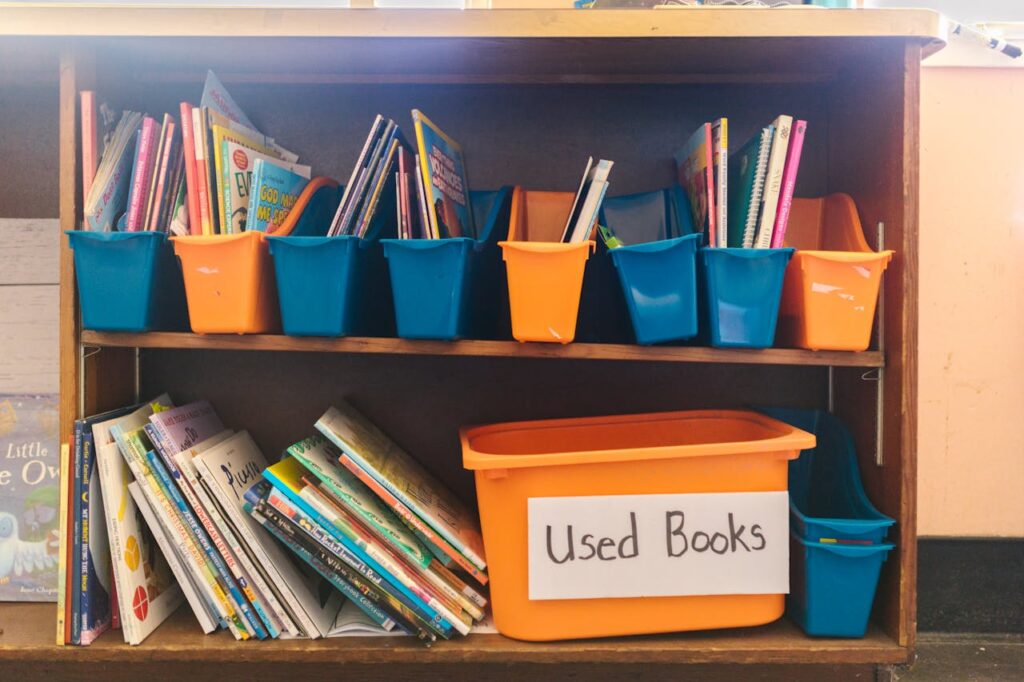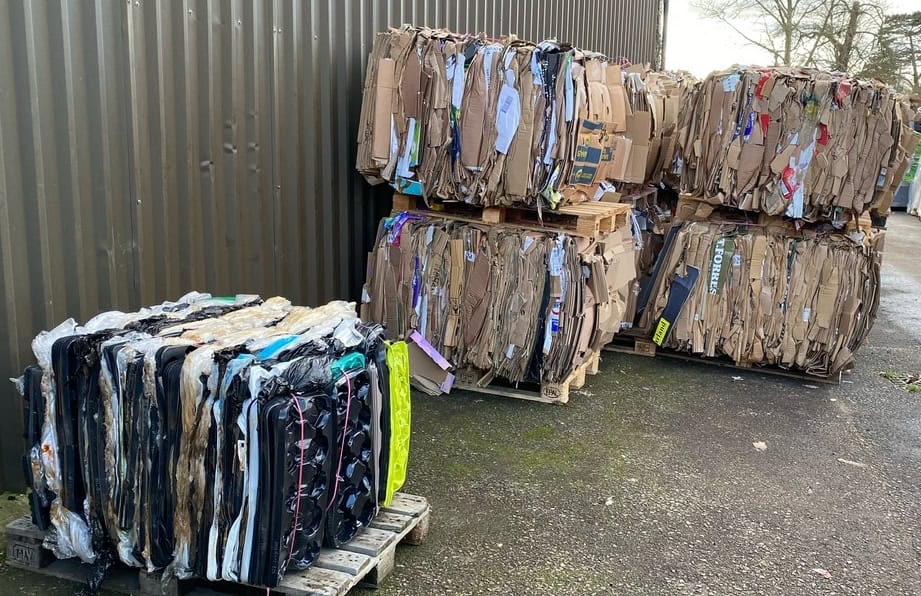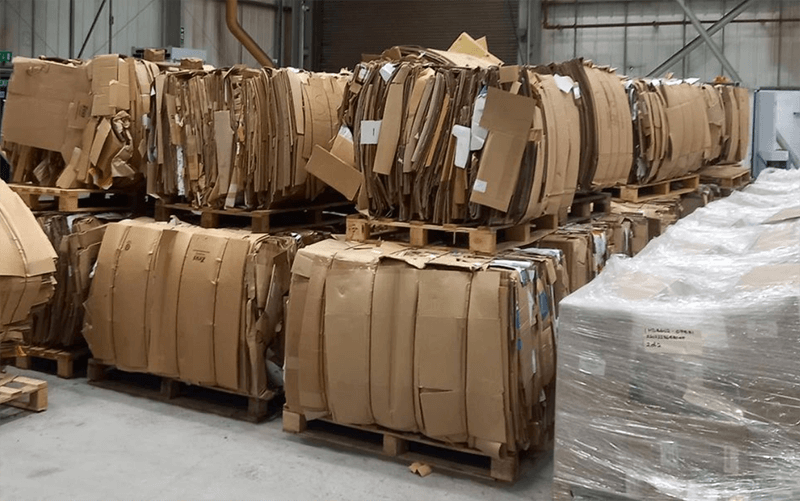Plastic Expert visited the Resource Event at London’s ExCel arena recently and among the many interesting talks we attended was a talk about disruptive businesses shaking up the business model to force innovation or ideas. We did our best to transcribe the comments of the panel, which you can read below. On the expert panel, we were delighted to hear the thoughts of Gerrard Fisher, Specialist Advisor at WRAP; Dustin Benton, Head of Energy and Resources at Green Alliance; Sophie Thomas, Co-Director of Design at the Royal Society of Arts; and Clare Brass, Head of SustainRCA at the Royal College of Art.
Host: Can you tell us a bit about your role?
Gerrard: With REBus (Resource Efficient Business Project), we enter a business, see where innovations and changes can take place and provide a case for application.
Dustin: We’ve now had about three or four years of circular economy ‘think tanking’, and I’m particularly interested in waste electronics and the mobile E-waste stream.
Sophie: I’m a designer at the Royal Society for Art and Commerce and I was Project Director for The Great Recovery in 2012. We looked at re-designing systems and most importantly, disrupting the status quo. Products become obsolete for many reasons, often it’s through poor collaborations. We believe that by working with designers, resource managers and material experts we can improve the system.
Resource managers really have the key to helping designers.
Clare: I run a small department at the Royal College of Art called SustainRCA, it contains only postgraduates studying on a two-year course. We look at innovation and design, vehicle designs and communications. The idea is to get students working together to tackle the most pressing issues, as we’ve found that collaborative work proves to be more rewarding. We often have talks and competitions; we are actually running a competition now to show the best example of sustainable innovation.
We’ve worked with Nissan, McDonalds, Marks and Spencer and the Ellen MacArthur Foundation. The idea is to disrupt the way designers are taught, reprogramming them to think and create in a circular way, rather than the linear model. We take a step back from product design and see what demand really wants us to make; it takes more than just a product to make a system work.
Gerrard: Big companies rarely acknowledge the need for change. Our mission is to find new ideas that have low risk, and we do this through innovation incubators. We must be able to prove to our partners that the innovation has an immediate return on investment otherwise they will have no urgency to participate.
Some businesses need incremental sustainable successes to gain the confidence to take risks in the short term as well as the long term.
Dustin: There are 14 billion mobile devices currently in the market, that figure is expected to rise to 100 billion by 2020 and 500 billion by 2030. Did you also know that manufacturers of mobile devices create more Co2 that the whole of the UK transport system?
Recently we saw India ban second-hand electronics and currently West Africa is looking at tackling the environmental threat that waste electronics poses to them. From where I’m standing, disruption looks very likely to attack the mobile industry.
Take Apple for example. When your phone breaks, they will trade you a new one for your broken handset. Instead of stripping the broken phone for parts, they send it to India, fix it and sell it on to that market, meaning they get to sell it twice. This is quite good for their carbon footprint per handset.
The reality though is that most mobile devices are replaced through obsolescence rather than through damage or disrepair. The arrival of the latest model means that every year or two, your device becomes outdated; there are millions of mobile devices sat in drawers of cupboards. If people sold their mobile device immediately after replacing it, they may still have value, but after sitting in a drawer for two years, it’s almost worthless.
Plastic Expert: It was great to hear some of the ideas coming from the creative side of tackling waste issues and the circular economy. Think-tanks, like the Green Alliance, provide an extraordinary insight into what ideas and research is taking place in our sector. Green Alliance discovered last year that taxpayers are overpaying £1.7bn due to a poorly organised recycling service, this was quite a revelation and has lead to mass improvement.
REBus, part of WRAP, is looking at four key markets to improve resource efficiency and circular economy progression. Those markets are Electrical and Electronic products, clothing, furniture and construction projects, and REBus is working with businesses small and large to test changes. The process will involve developing innovative ideas and testing them through pilot schemes. This is a great idea and the exact way to do it. To make instant change without evidence or research would be too risky, especially for something as developmental as the circular economy.
Sophie’s and her team’s work at the RSA is imperative; designers must have access to resource managers and material experts, otherwise they’re partly just guessing. Their work with The Great Recovery has been fundamental to the advancements in circular economy thought and activity. By working as a practical group and taking bulky furniture from recycling sites themselves, they can see the materials really involved.
Clare’s SustainRCA postgraduate project has also applied the teamwork model to discovering innovations through creative and critical thinking. The project hosts talks, awards and showcases to inspire their students to really push themselves to think innovatively. In one project, Sustain RCA partnered with Nissan for a project called ‘Future Perfect’, which looked at the future of urban mobility. With urban mobility struggling to handle the rising number of city-dwelling people, they looked at what the next generation’s transport might look like, and how they will adapt to larger urban populations. In a week long workshop, thirty students worked to evaluate mobility concepts for 2025.
Plastic Expert is currently diverting waste from landfill and recycling thousands of tonnes of materials each year. Has your business considered what could be done with improve resource efficiency?
Home » Disruptive Businesses Forcing Innovation

Disruptive Businesses Forcing Innovation
Great minds are working together to create waste solutions , starting with the design stage and ending with the recycling process, looking at everything between them.
Whats on this page?
Related Post
Popular posts
Key Takeaways The country with the most spotless streets includes Japan, where a series of waste management laws in the
What Is A PET Bottle PET stands for Polyethylene terephthalate, a type of plastic that is used to make plastic
What Is A Sustainable Product & The Benefits A sustainable product is a product that uses resources in an efficient
Book a Collection Today!
Contact us today to recycle more plastic waste for your business.







